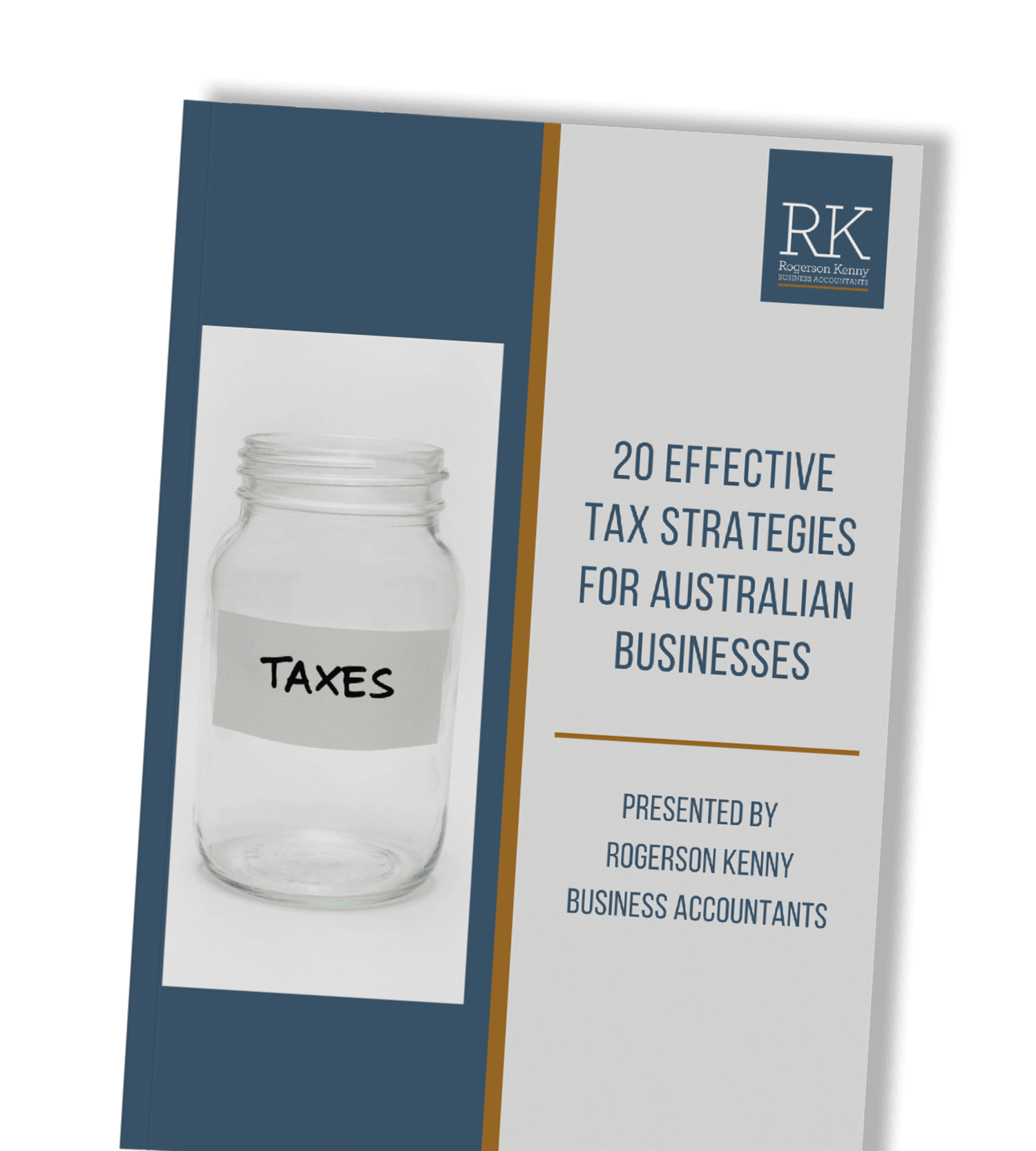Car Tax Thresholds 2025 Financial Year
With car thresholds changing each and every year, it is important as a business owner to understand the current car tax thresholds to maximise your deductions and make that ever important motor vehicle purchasing decision.
From 1 July 2024 for the 2025 financial year, new thresholds have been announced for business use motor vehicles relating to income tax, GST and Luxury car tax.
This article assumes that the motor vehicle is a passenger car and not a commercial vehicle or truck. This article does not apply to a commercial vehicle.
Car Thresholds for Income Tax
For the 2024-25 financial year, the car limit is $69,674. This is the highest value you can use to calculate the depreciation on a car that is used for business purposes when you first use or lease the car in the 2024-25 financial year.
Business owners can claim a tax deduction for expenses (including depreciation) on a business use motor vehicle.
If your motor vehicle is used for part business and part private use, you can only claim a tax deduction for the business use portion. You need to keep records (such as a log book) to support your claim.
Your Car and Goods and Services Tax (GST)
If you buy a car (new or used) and the price is more than the car limit of $69,674, the maximum GST credit you can claim on the car is one eleventh of the car limit. That means for the 2024-25 financial year, the maximum GST credit you can claim is $6,334.
Further, it is important to note that you can’t claim a GST credit for any luxury car tax you pay when you buy a luxury car, even if the motor vehicle is used for business purposes.
Luxury Car Tax (LCT)
The luxury car tax threshold for the 2024-25 financial year is $91,387 for fuel efficient vehicles.
For all other luxury vehicles, the threshold is $80,567.
For more information on Luxury Car Tax, please visit the ATO Website.
Best Tax Minimisation Strategies,
20 Effective Tax Strategies for Australian Businesses
Tax planning and by extension, minimising or deferring tax, is a critical aspect of running a successful business in Australia.
By implementing effective tax strategies, businesses can optimise their financial position, minimise or defer tax liabilities, and ensure compliance with ever-evolving tax laws.
In this checklist, we outline 20 key tax strategies that businesses should consider implementing to minimise or defer their tax and mitigate risks. Including how to reduce Capital Gains Tax Australia.


